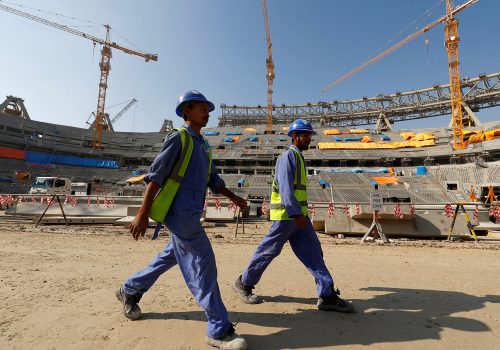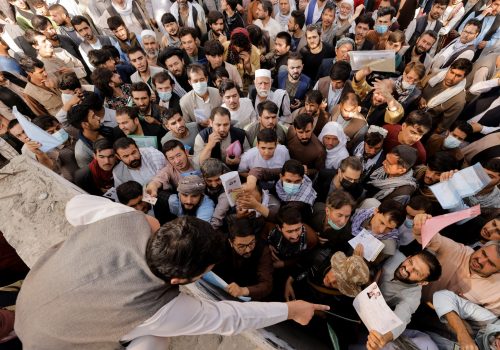Health attaches are the missing link in global diplomacy
The health attaché will serve as the prime representative and advocate for healthcare, development, human rights, and trade for the people represented by the embassy or mission in the host country. Given the globalized nature of the modern world, with frequent travel and people living outside their home countries for extended periods for a variety of reasons, standardizing a healthcare liaison from one’s home government would be a crucial step in internationalizing public health diplomacy.
The attaché will also further multilateralism by supporting embassies and/or high commissions via a health security and development angle. This work will intersect within a domestic and international setting by providing intellectual support on global health outcomes to local and national officials and work to build bilateral ties on issues of shared medical, public health, pharmaceutical, technological, and academic interests across the health and development sectors. As an individual, the health attaché should carry a strong track record on public health and healthcare issues, and be a local citizen of the receiving country. The health attaché’s professional philosophy will speak a language of social progress where health is portrayed as a means of investment as opposed to expenditure, where human life is valuable beyond dry statistical means, and where sensible engagement serves to inform classic diplomacy that puts people ahead of political goals.
The office of a health attaché must have dual goals: to strengthen bilateral relations among and within countries; and to improve public health systems with health intelligence inputs that have the potential to influence outcomes, while also providing local assistance to country nationals who may need help.
Today’s health attaché must be a person with sound knowledge of understanding diseases and global health outcomes as well as have keen interest in the processes of understanding national priorities with sound solutions for policies that have impact at scale.

The South Asia Center is the hub for the Atlantic Council’s analysis of the political, social, geographical, and cultural diversity of the region. At the intersection of South Asia and its geopolitics, SAC cultivates dialogue to shape policy and forge ties between the region and the global community.
Related content
Image: Overview of the 75th World Health Assembly of the World Health Organisation (WHO) at the United Nations in Geneva, Switzerland, May 22, 2022. REUTERS/Denis Balibouse


